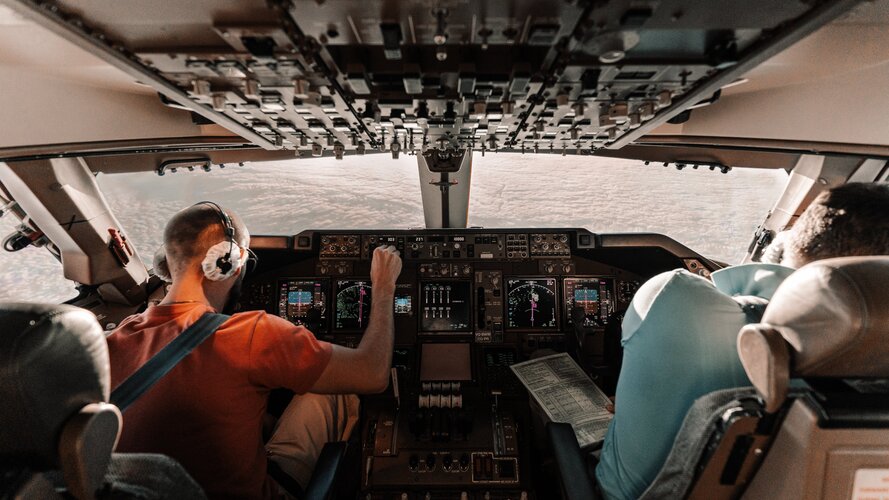
In civil aviation, especially for critical stages such as final approaches, navigation systems need to be extremely reliable. The International Civil Aviation Organization (ICAO) defines the strict requirements that systems need to fulfil to be used in these so-called Safety-of-Life operations, where a malfunction of the system would lead to major human or environmental catastrophes.
Galileo was never designed to comply with these rigorous integrity standards as Europe already had EGNOS, a dedicated Safety-of-Life system for navigation. EGNOS ‘augments’ GPS signals for critical operations in aviation, maritime navigation, agriculture and more. But in 2016, ESA joined forces with the European Commission (EC) and the EU Agency for the Space Programme (EUSPA) to elevate Galileo’s reliability and make it fit for civil aviation, as a standalone support system during en route and augmented by EGNOS at take-off and landing.
With 18 satellites already orbiting the Earth in 2016, and the deployment of the remainder in full swing, redesigning the whole system was not an option, so the team buckled down with flexible thinking and a creative mind, in true ESA style, to push the boundaries of engineering.



